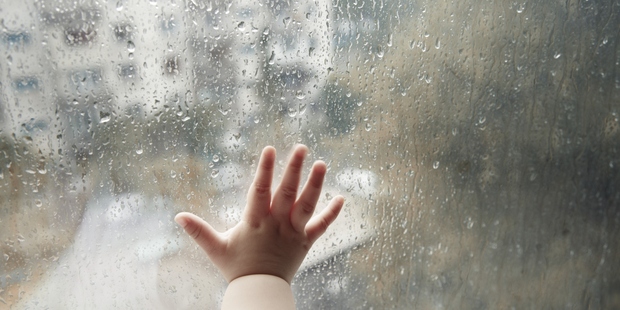Some years ago while waiting in the Otara library for a bus on successive days I read a book about Maggie Papakura, who I had never heard of before. Maggie Papakura was chiefly famous as a tour guide in Rotorua in the middle of the nineteenth century and later was a pioneer in introducing Maori culture to a wider audience, staging an exhibition in England early in the twentieth century. This had limited success as the attitudes around at the time were not as receptive to Maori culture as they are now. One of the incidental things in the book that made me sit up and take notice was when she reported that the missionaries of the time were astonished that Maori parents never hit their children – happy, spirited children were allowed to run around with much greater freedom than the English were used to seeing at home. You can imagine how some of the missionaries would disapprove or even feel threatened by this, or consider the children ‘cheeky’, as English culture was very repressive and punitive in the nineteenth century (with over 200 offences punishable by the death penalty, some of them very odd and minor).
There are probably just as many people who would be surprised by this fact today, as many people consider violence against children a peculiarly Maori problem, and some have even claimed it derives from something inherent in Maori culture. But as the pre-European Maori were such gentle, nurturing parents, what changed? Obviously it was one of the effects of colonisation, the adoption of the punitive attitudes imported by the English. The missionaries, though some of them undoubtedly well-meaning within the confines of the approach to life they’d been brought up with, were wrong about just about everything they imposed on Maori. Whether it was the attitude of ‘spare the rod and spoil the child’ that first taught Maori to control children with violence, or the missionaries’ disapproval of nudity, which Maori were relaxed about but eventually acquiesced to the Europeans and covered up, or the insistence that sex should only be carried out in one rigid position, no doubt to remove as much pleasure from it as possible (which is surely where the term ‘missionary position’ comes from).
Another thing I was struck by that Maggie Papakura talked about was that, as well as not being able to understand why they should hit their children, Maori also couldn’t understand the concept of ‘theft’ – ‘because what we have, we share’. On reading this I began to see how far superior these Maori values, looking after each other, were to the mean-spirited, capitalistic ones imported by the Europeans. No wonder this imposed set of values, with its materialism and primacy of ‘property rights’ has been devastating to the health and wellbeing of Maori.


